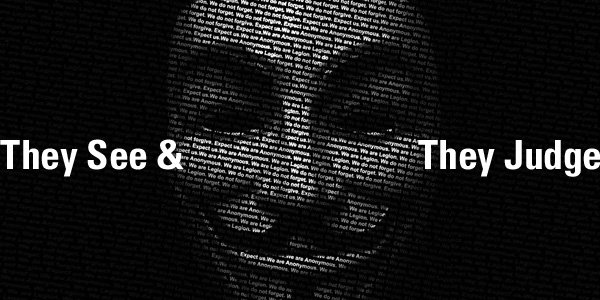The Millennials’ Demand for Transparency
Remember when Obama said that he would make government more transparent? The majority of people really liked the sound of that, but my guess is that this was one of the promises he made to win the youth vote. Considering his campaigns focus on the youth of America, this is the sort of thing his advisors would have told him was an important promise. That’s because transparency is heavily favored by millennials and forward thinking businesses would be wise to adapt toward this more transparent future.
When was the last time you made a medium to large purchase and didn’t research that product or company on the internet? Did you use a search engine to do the research? If so, you are among the majority of consumers who like to investigate before buying. Some people do it right in the store, others go back home and check you out. In either case, they are looking for answers about how that product matches their needs, how much the company matches their values, and what the critics are saying. They are also opening themselves up to criticism against your product or company.
Millennials have strong feelings about the environment, company ethics, and fair labor. They have grown up in a globalized, connected world where the world’s information has always been at their fingertips. Because of this access to information they are highly suspicious of companies that do not reveal themselves. Companies that show how they are trying to good for people and the environment win these young customers. Those companies that are stuck in the old world shadows of business privacy are seen as suspicious.
The fact is that there are no shadows and that making a good product is not good enough if it is not provided by a good company. Take GoDaddy, for example; they offer domain registry, hosting, and other services. Aside from their sad customer service, the company offers a decent product. However, when word spread that the owner of GoDaddy posted a video of himself killing an elephant in Africa, customers switched their service in droves. Happy customers will drop a company that they feel does not represent their values and the internet makes hiding a companies foibles impossible.
“So what’s next for the mega-trend of transparency? Brands must move from ‘having nothing to hide’, to pro-actively showing and proving they have nothing to hide, and go beyond uttering lofty statements on 'values' or 'culture' to real, unambiguous and clear evidence, or statements about actual results.
No, not all consumers will be this demanding, but as total transparency becomes a hygiene factor, even those that aren’t will expect brands to prove their ethical and environmental credentials to those that do care.” - Trendwatching’s 10 Trends for 2013
The young buyers are accustomed to displaying their lives openly, sharing their personal moments, successes, failures, and feelings online. Regardless of whether you think this practice is good or bad, as a business, you must understand how this influences their perspective on those that do not share.
Millennials view their buying habits as a social contract more than a commercial transaction. They expect more than just a product for their money, they expect a company to be good. Good to them. Good to their society. Good for the world they live in. It’s an extremely tall order, but also one that many forward-thinking companies like Chipotle, Patagonia, Fedex, and Allstate are showing that they are willing to fill, which means those companies that don’t follow suit will soon be loosing market share and customer loyalty from the generation that will make up our future.
While it’s still available, I highly recommend checking out the Trendwatching report on FLAWSOME, highlighting those companies that are opening themselves up to their customers and winning people over because of it.

